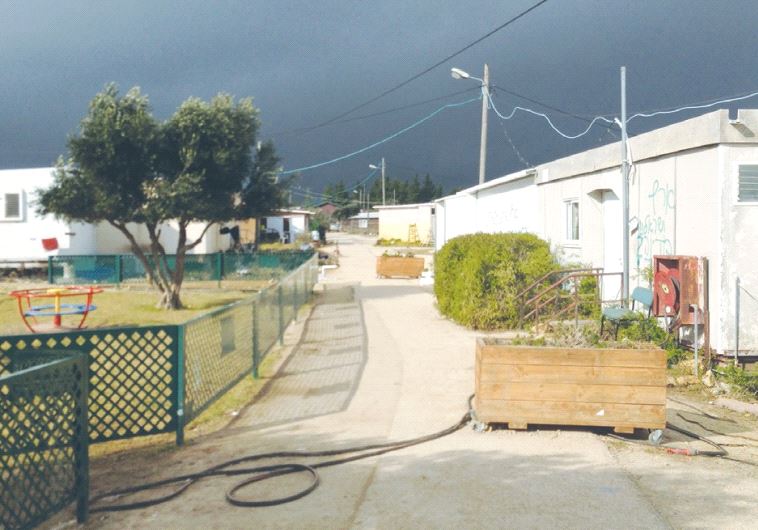State still has no solution for Amona families
The state is looking to relocate the Amona outpost to another area of the same hilltop outside of the Ofra settlement.
 THE AMONA OUTPOST in the Binyamin region is seen yesterday.(photo credit: ELIYAHU KAMISHER)Updated:
THE AMONA OUTPOST in the Binyamin region is seen yesterday.(photo credit: ELIYAHU KAMISHER)Updated: